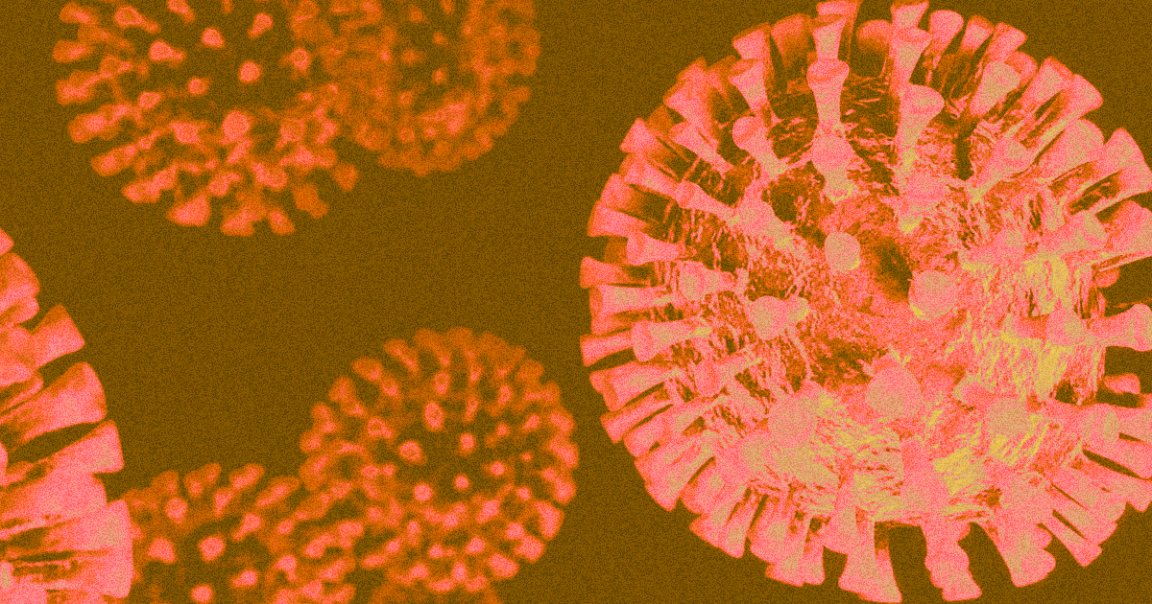
After well over a year of living through this pandemic, it’s hard to remember what things were like back in January 2020. But if you try to think back, you might recall that was a particularly stressful time in the United States. The government had just identified the country’s first COVID-19 infection on the 21st and, with how little we understood about the coronavirus at the time, very few people could conceptualize the horrors and devastation that were soon to follow.
But at that point, the coronavirus may have already been circulating throughout the country, according to new research published Tuesday in the journal Clinical Infectious Diseases that challenges the official pandemic timeline. After studying blood samples gathered by volunteers in early 2020, researchers from Johns Hopkins, Harvard, the National Institutes of Health, and other research institutes, found signs of coronavirus antibodies as early as January 7, meaning Americans had already been infected by December 2019.
To complicate things even further, none of those patients were in New York or Seattle, which were thought to be infection hotspots at the time.
“We continue to add more pieces to this story about low levels of disease and infection prior to the recognition of the epidemic at larger magnitude,” study coauthor and Johns Hopkins public health expert Keri Althoff told Axios.
This isn’t the first time that experts challenged the official record of global coronavirus spread. Last April, it became clear that US intelligence agencies received a warning — which largely went ignored — that the coronavirus was spreading throughout China even earlier in November 2019.
Scientists have also been questioning the official timeline for over a year — this new antibody research could now be the smoking gun evidence that they were right.
“We haven’t followed up with these participants to know if they had traveled outside the U.S., or had contact with folks who traveled outside the U.S.,” study coauthor and NIH researcher Sheri Schully told Axios. “But, it is important, for future pandemic planning, to know what’s happening during periods of low prevalence in epidemics, such as this.”